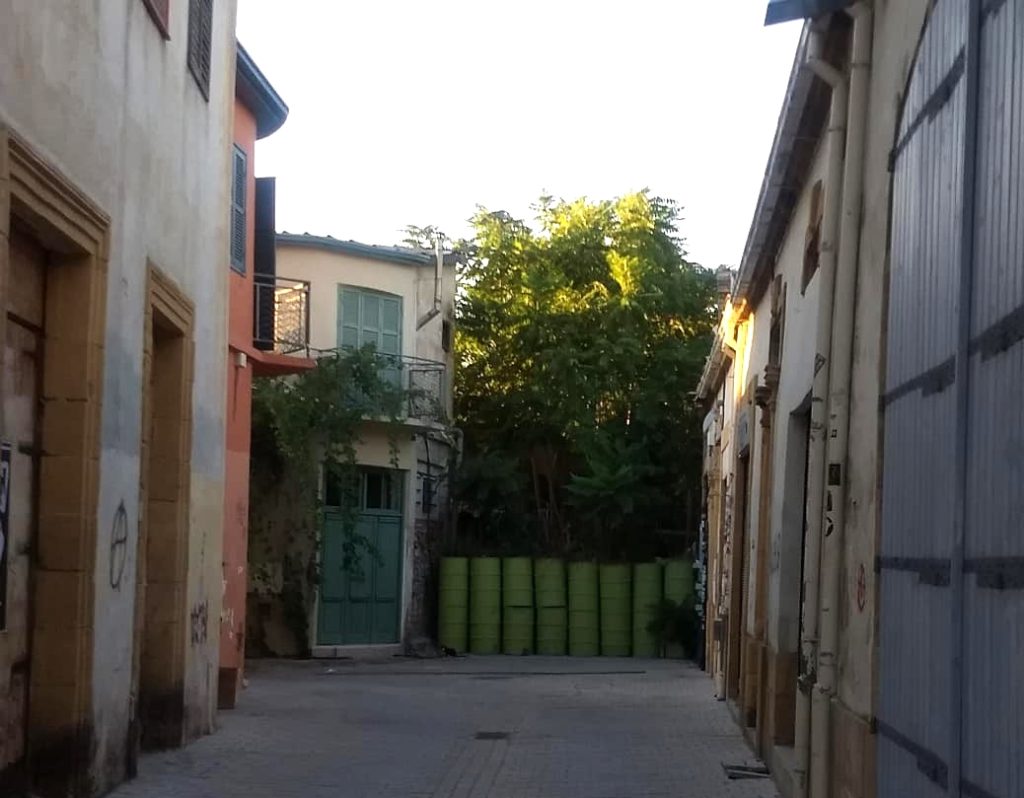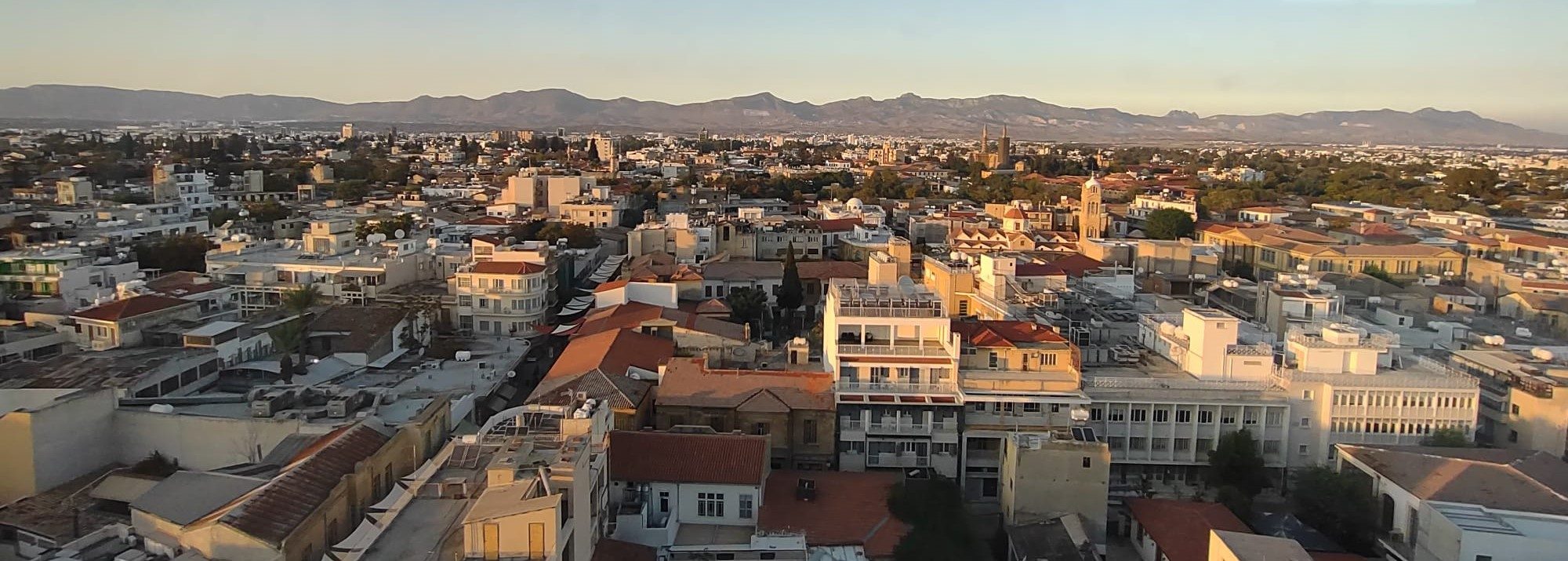Which country does Cyprus belong to?
There is a lot of confusion among the internationals on what the real status of Cyprus is, whether part of Greece, Turkey, a mix of the two, or an independent country.
Cyprus is an independent country, but Cyprus is also a divided island.
To us, Europeans of the Millennial generation, grown up with Erasmus and with the possibility to go anywhere in the continent without any passport control, “divided island” might not have any real meaning.
De facto, Cyprus hosts the Republic of Cyprus (that has control over two thirds of the island), and a non controlled territory that unilaterally declared itself “Turkish Republic of Northern Cyprus”, but is considered by others as an occupied territory.
It might sound confusing. In a practical way, if you are driving in Nicosia at some point you will find a closed road, with barrels, sandbags, and a red sign saying that it is forbidden to enter.
You will see the same everywhere along the UN buffer zone, also called Green line, which stretches east to west through the island and cannot be crossed except in few crossing points.

The current division and related issues are usually referred to as “The Cyprus problem”.
The situation is complicated by the fact that, following the 1974 invasion, many Cypriots were forced to move from their homes, leaving everything behind, and were relocated to the other side of the island. Greek Cypriots were moved to the south and Turkish Cypriots to the north. In addition, Turkey incentivized Turkish nationals to move to Cyprus, the so-called “settlers”, that in many cases went to live in the houses that belonged to Greek Cypriots.
Regardless of the differences, the communities that live in Cyprus share a lot of similarities regarding traditions, habits, typical food, and, let me add it, a huge love for expensive cars.
How do the locals live the division?
The Cyprus problem brings out a lot of emotions and it is not an easy topic to be addressed with locals. It is important to always be respectful of someone’s view and be more of a listener than a speaker.
In my experience, in the southern part of Cyprus I met mostly 3 types of people with different attitudes toward the division:
- People that do not cross, do not like the other side and consider going there “supporting a dictatorship” — mostly (but not necessarily) people/ relatives of people internally displaced during the war. They disapprove the current situation, and would just like the army to leave and the Greek Cypriots to go back to their houses.
- People that are pretty much neutral, do not cross often, but might do it on special occasions. In my opinion the majority of the people. They got used to living on their own side and generally ignore what is going on on the other side.
- People that live the island fully. People of different ages that just do live Cyprus as one, some speak both Greek and Turkish, have friends on both sides and visit them regularly. Among this group you can find most activists that work for a united island and, for obvious reasons, inhabitants of Nicosia, the last divided capital in the world.
I like to believe that each one of the above groups would like to see their island free and united again, just have different views and practical approach on how this should be done.

There is also a lot of inaccurate information going around
In the north, most people (especially those that cannot cross/ do not cross often) think that the south is some sort of paradise where everything works and people live a rich life. Reality is very far from that.
In the south, many people think that the north is dangerous and full of criminals. I believe that this idea is reinforced by the fact that the north is often called κατεχόμενα (the occupied side), which, even to people that don’t know anything about it, gives the idea of a dangerous place led by a military state.
We should also keep in mind that education plays an important role. In both Greek Cypriot and Turkish Cypriot schools, the Cyprus problem is presented in a very different way, blaming the other side for the division. This shapes the minds of the young students, and not all of them decide to explore alternative views of their country’s history.
The bottom line
The Cyprus problem is a complex topic that cannot be simply analyzed in an article. Historical events, beliefs, feelings and hopes, have been shaping the views and the daily lives of the Cypriots. There are many aspects to keep in mind while moving between the two sides of Cyprus and while discussing the current division with the locals. These topics will be addressed in following articles.
In general, the best way to understand this little island is by visiting it with an open mind, and meeting as many diverse people as possible.
Disclaimer: Above information is based on personal experience, studies and contact with the local community. In no way it is intended to substitute official information and visitors shall always refer to official sources.
